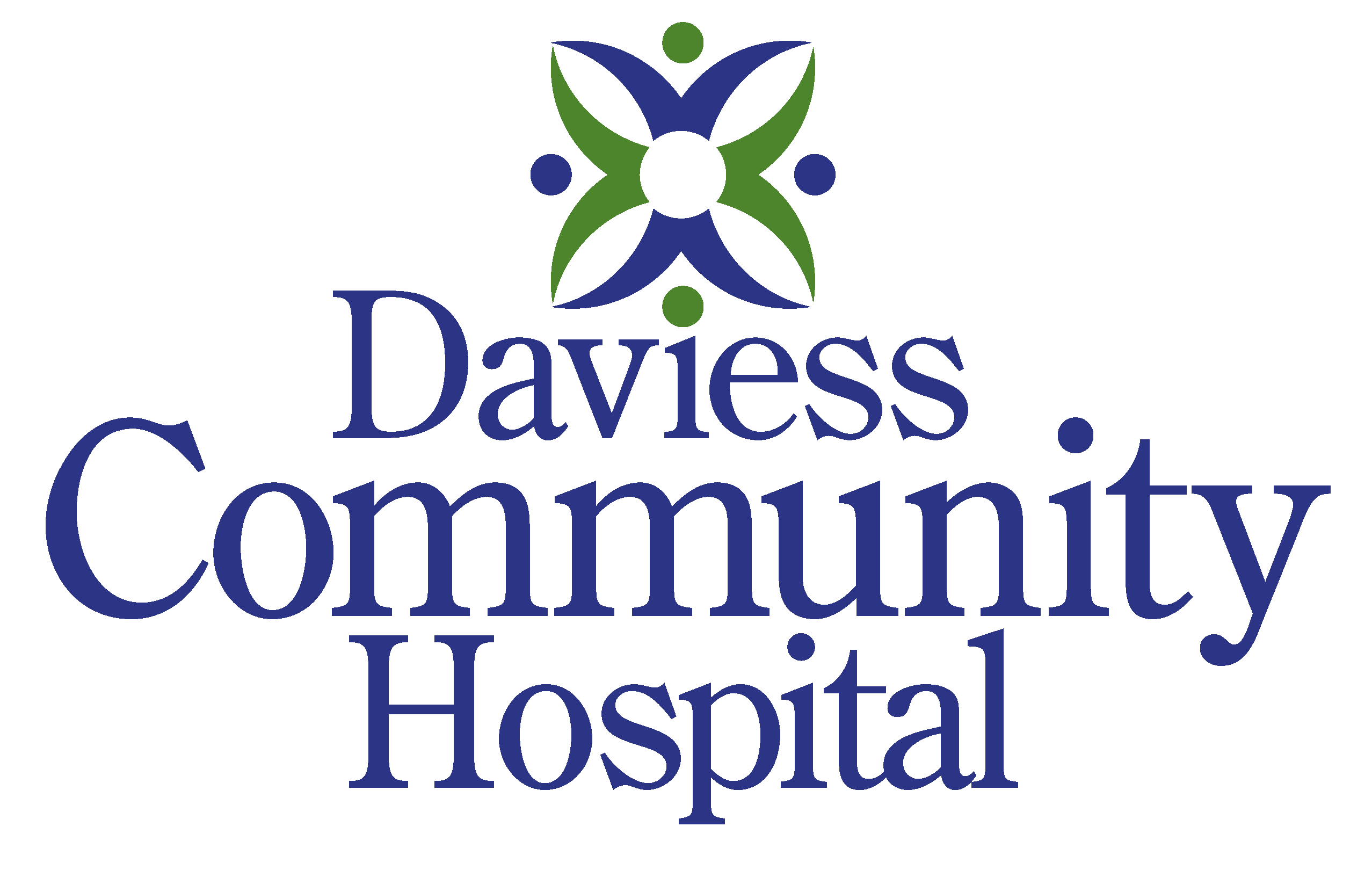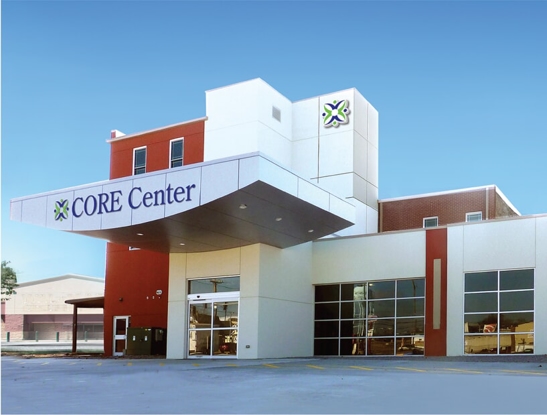
Stroke Rehabilitation
Personalized outpatient therapy to rebuild movement, speech, and independence
After a stroke, life can change quickly. At Daviess Community Hospital’s CORE Center, our neurological rehabilitation team provides outpatient stroke therapy that helps you regain mobility, communicate more clearly, and return to the routines that matter. We deliver coordinated physical, occupational, and speech therapy—including evidence-based approaches such as neuro-developmental treatment (NDT)—so your plan adapts to your goals, your energy, and your recovery timeline. Care is available in Washington and Odon, Indiana, and we welcome patients from Daviess County and across Southern Indiana.
Why rehabilitation matters after stroke
A stroke is a “brain attack” that disrupts blood flow to part of the brain, causing cell injury or death. Depending on the area affected, people may experience changes in strength, balance, walking, use of an arm or hand, vision, swallowing, speech, cognition, and mood. Research and national guidelines agree: earlier, targeted rehabilitation improves outcomes and supports long-term independence.
How CORE helps
Your therapy plan is tailored to your goals, medical guidance, and personal routines. Depending on your needs, outpatient stroke rehabilitation may include:
Physical therapy (PT)
- Gait and balance training: walking practice, turns, curbs, uneven surfaces, and fall prevention
- Strength, flexibility, and coordination: task-specific training for standing up, transfers, stairs, and community mobility
- NDT-informed movement retraining to promote safer, more efficient patterns
Occupational therapy (OT)
- Arm and hand recovery: reach, grasp, and release; bilateral task practice
- Daily living skills: dressing, bathing, grooming, meal prep, and home setup
- Adaptive equipment & home safety recommendations to support independence
Speech-language pathology (SLP)
- Communication and cognition: language, speech clarity, attention, memory, problem-solving
- Voice and loudness: LSVT LOUD®
- Swallowing (dysphagia): assessment and therapy
Aquatic therapy
Our state-of-the-art therapy pool offers a supportive, reduced-weight-bearing environment for balance, endurance, and mobility. A hydraulic lift chair is available for safe entry/exit when stairs are not appropriate.
We coordinate with your primary care and neurology teams, and update your plan as your recovery continues.
Sample goals we work toward
- Walk more safely at home and in the community
- Improve confidence with turning, stairs, or uneven ground
- Regain function in the arm/hand for daily tasks
- Communicate needs more clearly; manage voice volume and clarity
- Eat and drink more safely; reduce cough and aspiration risk
- Build endurance while managing fatigue
- Reduce fall risk; improve home safety
- Return to meaningful activities—family, work, faith, hobbies, and volunteering
What to expect
Evaluation
We review your hospital course, imaging and physician guidance (when available), medications, home supports, and personal goals. Your therapist screens strength, balance, range of motion, movement quality, arm/hand use, speech and cognition, and swallow (as appropriate).
Personalized plan
Together, we set clear goals and a visit schedule that fits your life. Your plan may include clinic therapy, a doable home program, and caregiver coaching—scaled to “good days” and “low-energy days.”
Progress you can see
We track outcomes (walking distance/speed, balance measures, hand function, communication goals, swallow safety) and share updates with your medical team (with permission). Your plan evolves as your needs change.
Is outpatient stroke rehab right for me now?
Consider an evaluation if you or a loved one has any of the following after stroke:
- Changes in walking, balance, or falls
- Difficulty using an arm or hand
- New problems with speech, word-finding, memory, or attention
- Cough or choking with liquids or foods (ask about a swallow evaluation)
- Fatigue, stiffness, or low confidence during daily activities
- You’re transitioning from inpatient rehab or home health and want to continue progress
If you are experiencing new neurologic symptoms, call 911 or contact your physician immediately. Once medically cleared, therapy can help you continue your recovery safely.
Locations and scheduling
CORE Center | 421 E. Van Trees Street, Washington, IN
CORE Center at North Daviess | 800 S. West Street, Odon, IN
Call (812) 254-8889 to schedule a stroke rehabilitation evaluation or ask about referral requirements. We serve patients from Washington, Odon, Jasper, Vincennes, Loogootee, Petersburg, Bloomfield, and neighboring communities across Southern Indiana.
FAQs
How soon should rehab start after a stroke?
As early as your medical team recommends—earlier rehab is associated with better outcomes. Outpatient therapy continues progress after hospital or home-health care.
How long will recovery take?
Recovery varies. Many people see meaningful gains in the first weeks to
months and continue to improve with targeted practice and support.
Do I need a referral?
Many insurers require a physician referral. Call
(812) 254-8889 and we’ll help you determine next steps.
Can therapy help prevent another stroke?
Rehab includes
education on risk-reduction strategies (activity, balance/falls, home setup) and
can support physician-directed plans for
blood pressure, diabetes, and
medication adherence.



